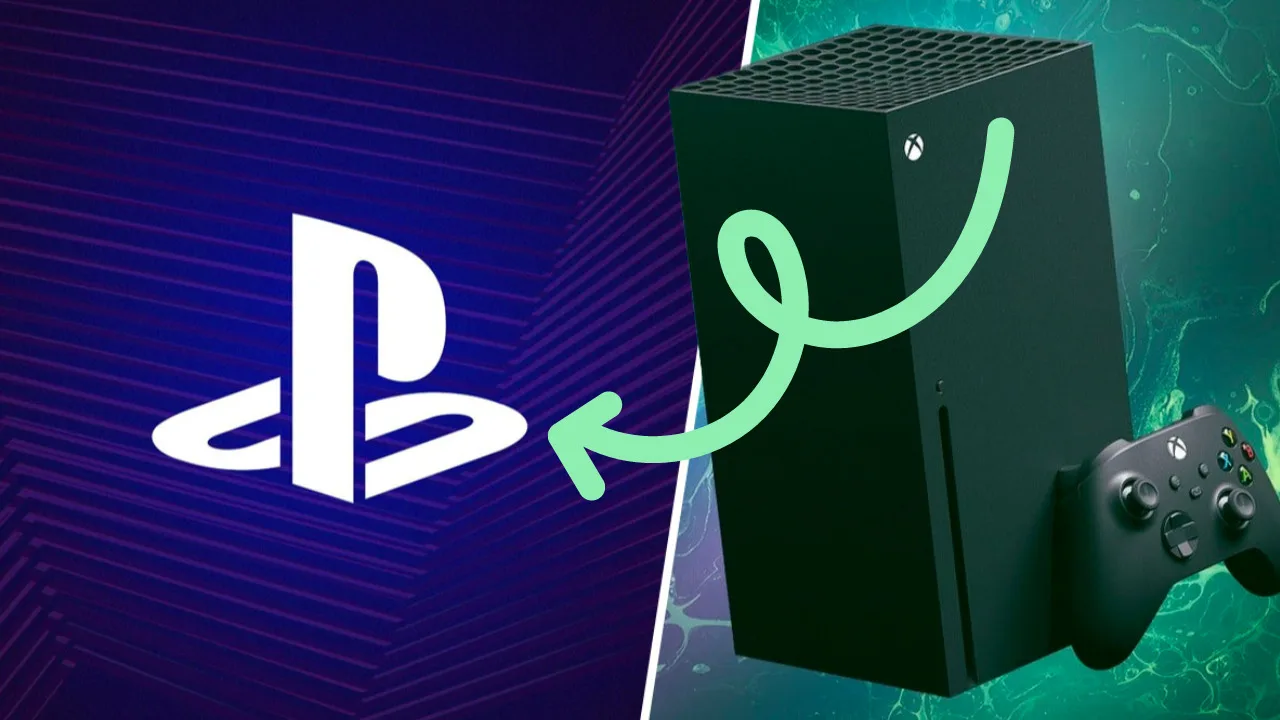A fresh report has emerged within Microsoft and the influence of its top boss, Satya Nadella. This report reveals the mounting pressure on Xbox to release more of its games on rival platforms, a move aimed at boosting profits amidst challenging times for the gaming industry. This comprehensive analysis will delve into the internal debates at Microsoft, the strategic rationale behind this shift, and the broader implications for the gaming industry.
“A Strategic Shift“
According to Windows Central, the initiative to launch more Xbox games on PlayStation and Nintendo consoles, dubbed “Latitude,” has sparked significant debate and unease within Microsoft. The primary concern revolves around whether this strategy aligns with the long-term goals of the Xbox brand. Traditionally, console exclusivity has been a cornerstone of platform differentiation, driving hardware sales and fostering a loyal customer base.
Publicly, Xbox has framed this strategy as an experiment, testing the waters with a handful of multiplatform titles such as Sea of Thieves, Grounded, Hi-Fi Rush, and Pentiment. These games, which have either broad appeal or have already saturated their primary audience on Xbox, are seen as ideal candidates for this initiative. However, internally, Microsoft is reportedly pushing for a more aggressive approach, advocating for no strict boundaries on which games can be released on rival platforms. This stance suggests a significant shift in strategy aimed at increasing profit margins.
The Impact of the Activision Blizzard Acquisition
The gaming industry, including Xbox, has faced a series of challenges recently. Falling console sales, stiff competition from Sony, and disappointing game launches have created a difficult environment. Furthermore, the broader economic climate has led to layoffs and restructuring within many gaming companies.
Last year’s $68.7 billion acquisition of Activision Blizzard was a bold move designed to secure Xbox’s future profitability. However, this acquisition has also had unintended consequences, including the cancellation of smaller projects within Bethesda and layoffs at multiple studios. Xbox studios boss Matt Booty described this as a necessary “reprioritization of titles and resources” to focus on key projects.
Chris Dring, a prominent industry analyst, recently highlighted the financial pressures driving these decisions. Xbox’s substantial investment in the Activision Blizzard acquisition was a bet on a future market scenario that has not materialized as expected. This has forced Xbox to cut costs and rethink its strategic direction, including the push towards multiplatform game releases.
Nadella’s Vision for Xbox
Satya Nadella’s influence on Xbox’s strategic direction cannot be overstated. His past comments indicate a clear stance against console exclusivity, aligning more with a broader, service-oriented approach. This philosophy is reflected in the current push for multiplatform releases, which aligns with Microsoft’s overarching goal of maximizing profit and market reach.
In the short term, releasing games on multiple platforms has yielded some financial success. However, this strategy raises critical questions about the long-term identity and competitive positioning of Xbox. As Chris Tapsell from Eurogamer pointed out, the shift towards a profit-centric approach might dilute the brand’s identity, potentially alienating its core audience.
The broader implication of this strategic shift is a fundamental rethinking of the gaming ecosystem. Traditionally, console manufacturers like Xbox and PlayStation have focused on building exclusive ecosystems to drive hardware sales and foster community engagement. Moving towards a multiplatform approach disrupts this model, potentially leading to a more fragmented market.
As a recap, the pressure on Xbox to release more games on rival platforms is a significant development in the gaming industry. Driven by financial pressures and strategic realignments, this move reflects a broader shift in Microsoft’s approach under Satya Nadella’s leadership. While the short-term financial benefits are evident, the long-term implications for the Xbox brand and the gaming ecosystem as a whole remain uncertain. As the industry continues to evolve, the success of this strategy will depend on Microsoft’s ability to balance profit with maintaining a strong, differentiated brand identity.

